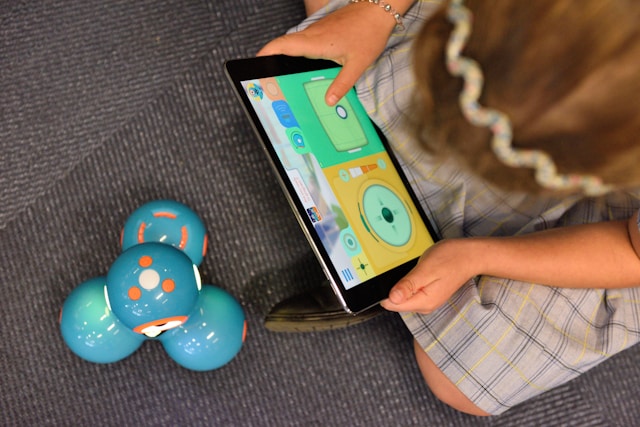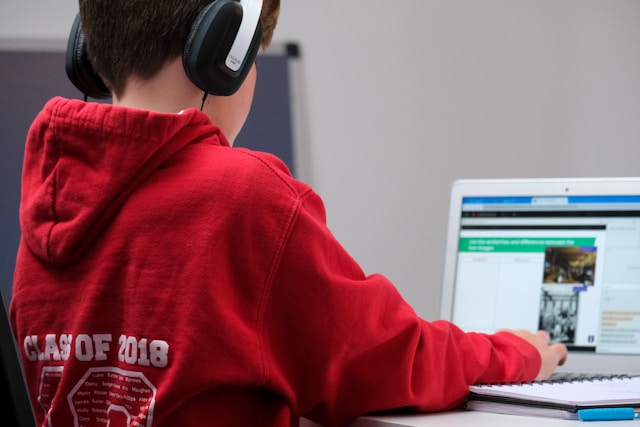
As both a parent and a psychologist, I often find myself straddling the line between personal experience and professional insight. This unique vantage point has given me a deep understanding of the profound impact that parenting styles can have on a child’s academic journey. It’s a subject close to my heart, not only because it affects my own children but also because it shapes the lives of countless young minds I encounter in my practice.
Imagine a child as a young sapling. The environment in which it grows—nourished by sunlight, water, and rich soil—determines its ability to flourish. Similarly, a child’s academic success is deeply rooted in the nurturing environment provided by their parents. Positive parenting styles, characterized by warmth, support, and clear boundaries, create a fertile ground for children to develop a love for learning and achieve academic excellence.
However, when this environment is tainted by negative parenting practices, the consequences can be dire. Effects of poor parenting are not just immediate but long-lasting, affecting their performance in school and their overall well-being. Consequences of bad parenting include inconsistent discipline, lack of emotional support, and unrealistic expectations, which can stifle a child’s natural curiosity and motivation.
One of the most prevalent negative parenting styles is the helicopter parent. These parents hover over their children, micromanaging every aspect of their lives, from homework assignments to social interactions. While their intentions are often rooted in love and a desire to protect, the reality is that they are inadvertently stunting their children’s growth.
Children of helicopter parents often struggle with developing independence and problem-solving skills. In school, this translates to a reluctance to take risks or tackle challenging tasks, fearing failure or disappointing their parents. Over time, these children may become overly reliant on their parents, lacking the confidence to make decisions or pursue their interests. The pressure to meet their parents’ high expectations can also lead to anxiety and burnout, further hindering their academic performance.
At the opposite end of the spectrum is the authoritarian parent, whose approach is characterized by strict rules and high demands, with little room for warmth or flexibility. These parents believe that discipline and obedience are paramount, often using punishment to enforce compliance.
While structure and discipline are essential, an overly authoritarian approach can be detrimental. Children raised in such environments may excel in following rules but often do so out of fear rather than understanding or intrinsic motivation. They may struggle with critical thinking and creativity, essential skills for academic success. Moreover, the lack of emotional support can lead to feelings of inadequacy and low self-esteem, further impacting their ability to perform well in school. This highlights the negative parenting outcomes that can emerge from such a strict approach.
Permissive parents, on the other hand, adopt a more lenient approach, offering plenty of warmth but little discipline. They tend to avoid confrontation and allow their children to set their own boundaries. While this style can create a loving and accepting environment, it often lacks the structure needed for children to develop self-discipline and a strong work ethic.
In an academic setting, children of permissive parents may struggle with time management and organizational skills. They might find it difficult to adhere to deadlines or stay focused on their studies, leading to poor academic performance. Without clear boundaries and expectations, these children can become easily distracted and may lack the motivation to strive for excellence. Child behavior issues often arise in such scenarios, making it challenging for children to succeed in structured environments like schools.
Perhaps the most damaging of all is the uninvolved parent. These parents are often detached from their children’s lives, providing neither emotional support nor guidance. Whether due to their struggles, such as mental health issues or overwhelming work commitments, their lack of involvement can leave children feeling neglected and unsupported.
Children of uninvolved parents often face significant challenges in school. Lacking a stable support system at home, they may struggle with self-esteem and motivation. The absence of guidance and encouragement can lead to disengagement from their studies and an increased risk of academic failure. These children are also more likely to experience behavioral problems, further compounding their difficulties in school. The emotional impact of bad parenting in such cases is profound, affecting not just academic performance but overall psychological well-being.
In contrast, the authoritative parenting style strikes a balance between warmth and discipline, offering a supportive and structured environment. Authoritative parents set clear expectations and boundaries while providing the emotional support and encouragement their children need to thrive.
Children raised by authoritative parents are often more confident, independent, and motivated. They tend to develop strong problem-solving skills and a love for learning, which translates to better academic performance. By fostering a healthy balance of structure and support, these parents help their children build the resilience and self-discipline necessary for success in school and beyond. This approach minimizes the long-term effects of poor parenting and promotes a healthy development trajectory.
As parents, we wield tremendous power in shaping our children’s futures. By reflecting on our parenting styles and making conscious efforts to provide a balanced and supportive environment, we can significantly impact our children’s academic success and overall well-being. It’s not about being perfect but about being present, engaged, and willing to grow alongside our children.
In the end, the goal is to nurture young minds that are not only academically successful but also emotionally resilient and ready to face the challenges of the world. By understanding the psychological effects of bad parenting, we can make informed choices that pave the way for our children’s bright and promising futures. Ensuring that we address developmental problems due to bad parenting is crucial for fostering well-rounded, capable individuals who can thrive both in school and in life.


